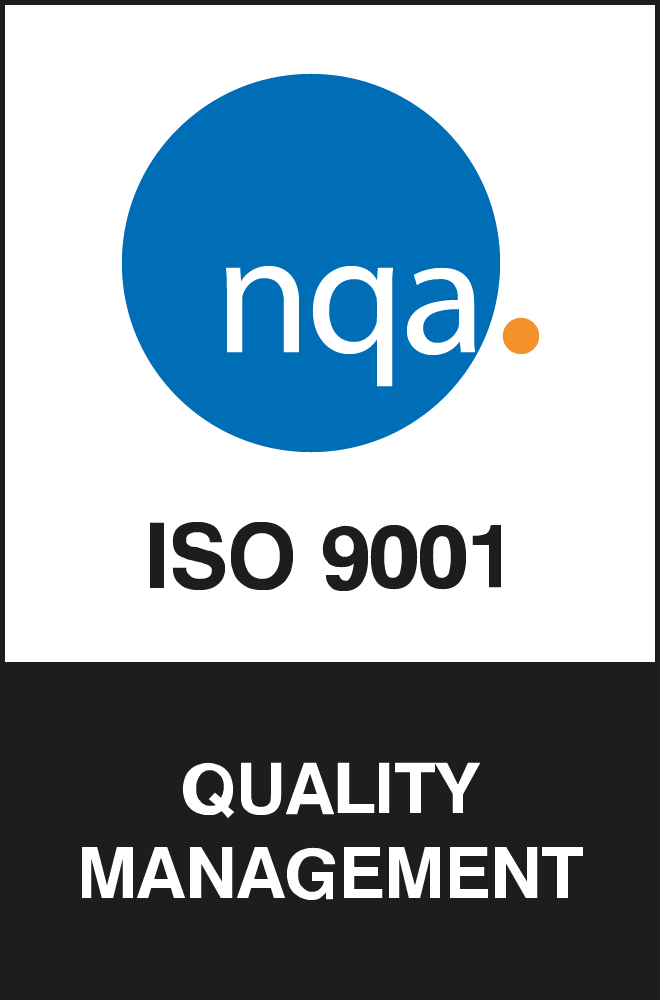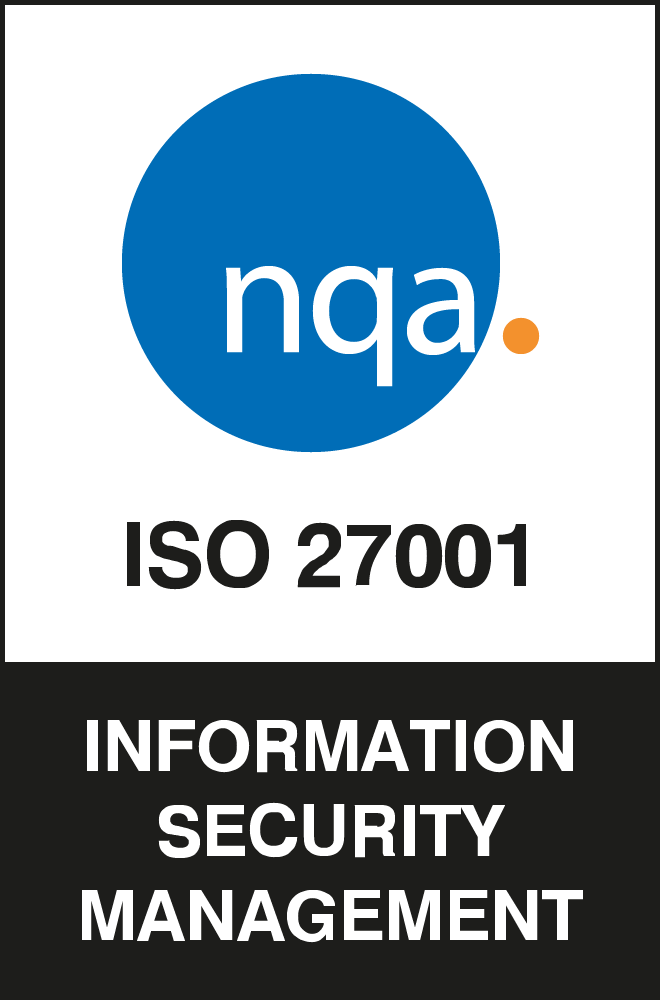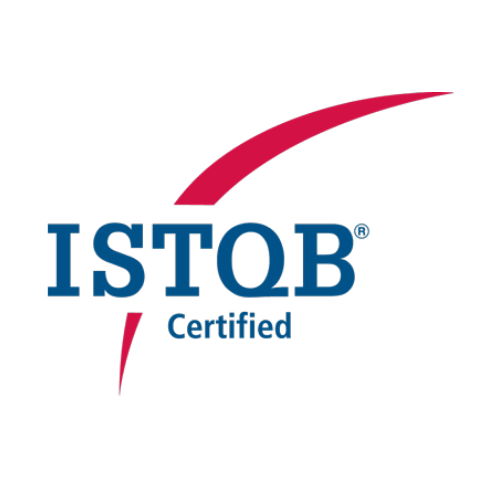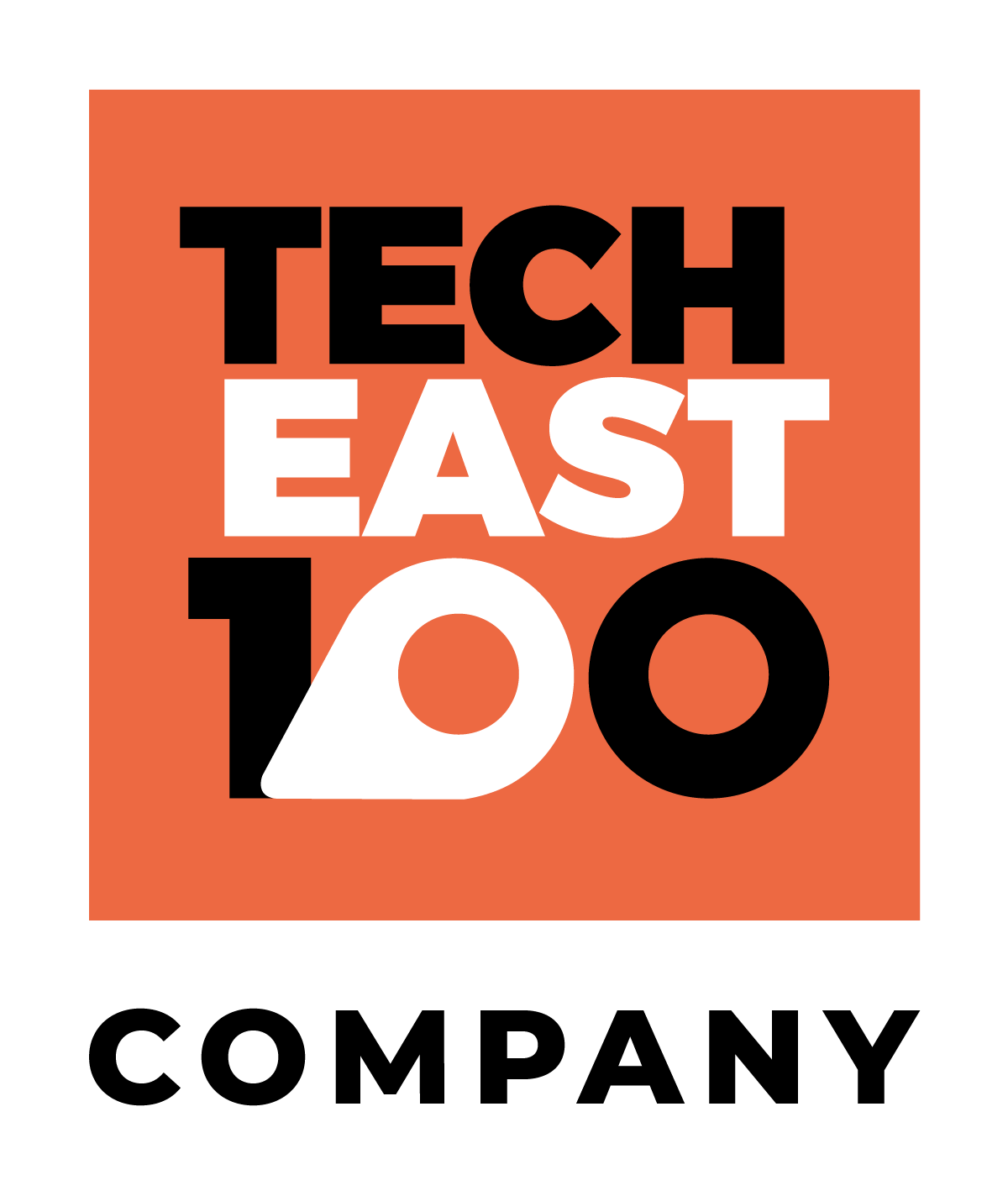What is a smart city?
Definitions vary, but essentially a smart city is an urban area using technology to perform and control day to day public and business tasks. The main aims of the smart cities are to increase efficiency, give accurate and valuable information to the public, decrease costs, and promote health and safety – including “going green”. Using IoT technology enabled by new cheaper, innovative, and more widespread networks, cities are becoming a web of connected sensors and machines, all talking to each other and relaying useful information back to us. Smart city technologies will hopefully boost the economy and our quality of life.
How are smart cities being enabled?
Cities and urban areas are becoming better connected through a hybrid of different fixed and mobile networks. 5G, the new mobile network being piloted in the UK and delivered in the USA, is one option, offering higher capacity and more reliable networks, arguably perfect for IoT applications – our blog post has all the insights. Other options include making better use of existing 4G services, Wi-Fi and low power wide area networks (LPWAN) such as LoRaWAN. The majority of existing IoT applications are suited to LPWAN, which is now part of the 5G standard. Already being used in many urban and rural areas around the world for IoT applications, these inexpensive, long-range and low maintenance networks are certainly away all of our cities will continue to be connected in the future. It will be interesting to see how 5G competes at this volume end of the market. The West Midlands Combined Authority has just secured £50 million investment to support 5G developments, tailored to the needs and outcomes of the multi-city area.
What are the smart city developments like so far?
Although smart city technologies seem like something out of a sci-fi movie, there are a lot of exciting projects and uses out there right now, with many more emerging. In 2015, Manchester won a £10 million grant for their CityVerve project with Cisco, to deliver one of the largest global IoT demonstrators. In the long run, it aims to improve the sense of community, health care, energy efficiency and transport in the city. Amongst other things, they currently have 7 LoRaWAN gateways spanning an area of 5 miles, connected devices have been installed to key buildings and 7 interactive plinths can be found in the city. Connected vehicles as well as hospital patient monitoring systems are currently being trialled.
London, U.K.
London has similar aims with its smart technologies. London City Airport was the first in the world to use IoT applications back in 2013, using sensors and cameras to monitor passenger journeys, as well as asset tracking with Wi-fi, GPS and 3G devices. More recently, in June 2018, the Mayor launched a much larger ‘Smarter London Together’ scheme. From the London Metropolitan Police using IoT technologies to provide a better service and reduce knife crime, to improving technological innovations across the entire UK, London has big plans. Management consultants and technology businesses have produced a plethora of reports and indexes of UK smart cities. The Huawei 2017 index rated Bristol marginally ahead of London, as the UK’s leading smart city, who launched their campaign ‘Bristol is open’ back in 2015. As discussed in our LoRaWAN blog, Norwich is also working on smart technologies, using LoRaWAN to monitor air quality. Future Peterborough is a global leader in the Circular Economy, and Smart Cambridge is a combination of University and city initiatives addressing transport, housing, energy and health improvements – there’s a lot going on in our region and the UK to be excited about!
Songdo, South Korea
Outside of the UK, smart cities are also abundant and budding, with Songdo, South Korea named the world’s first smart city business district. Constructed from scratch on 600 hectares of reclaimed land and completed in 2015, Songdo has technology built into its DNA, with everything from electric car charge stations to a self-emptying trash system installed in every house. The city was built to relieve the pressure on the overpopulated capital, providing a completely green and intelligent city. Unfortunately, the district still only has 700,000 residents, which is only one-quarter of its capacity, leading to empty streets and a lack of culture. It is trying to save the city with a project called “American Town”, enticing Korean-American citizens to move to the country to study and make a living. ‘American Town’ is dubbed to be ready in October 2018, so it’ll be interesting to see if it boosts the population and starts to give this city life.
China
China, on the other hand, has no problem with underpopulated cities, and it is no surprise that it is one of the world’s leaders in smart city technology. With the most pilot projects in the world (over 500, with only around 1,000 globally), China is aiming to have 100 smart cities by 2020. An example of one of the many projects undertaken, back in 2016 the city council of Hangzhou built a “city brain” in collaboration with Foxconn and Alibaba. Using Artificial Intelligence, the technology is helping the city to “think”, analysing the urban landscape in real-time, automatically fixing operations and deploying resources. Traffic efficiency in the city has significantly improved since its launch.
Rest of the World
From India to Australia, smart cities are blossoming everywhere, and it’s only a matter of time before every urban landscape has some sort of smart technology aiding its day to day functions. With a general trend towards urbanisation and predictions of 70-80% of the global population living in cities by 2050, there is a growing case for investing in smart cities technologies and services.
What can we expect from smart cities in the future?
With a lot of healthy competition surrounding technological innovations both in the UK and worldwide, it’s no surprise that smart technology is emerging in cities fairly rapidly. With the up and coming LoRaWAN network and the much-anticipated 5G on the horizon, if the means to implement the technology is not here already, it soon will be, and that’s when the fun will really begin.
As well as expecting automated waste disposal systems, electric cars, and greener, more efficient cities, we can also hopefully anticipate improvement to people’s quality of life. Successful smart city strategies and projects are focussed on citizen-centric challenges, needs and outcomes – whether for residents in the urban areas or visitors. We believe that smart cities start with smart leadership, and that technology is simply an enabler. From making people healthier through air quality, cutting down hospital time by monitoring people’s vitals from home, or even drones monitoring water sources for diseases, smart cities offer potential to improve the lives of millions, both physically and mentally. Open data allows citizens and businesses exciting new opportunities, to innovate and develop tomorrow’s disruptive services, that can transform the way we live and work.
Another way smart cities will improve people’s lives is through entertainment and stimuli because these cannot be negated as necessities. Humans are fun-loving and creative creatures, and smart city technology will not ignore this need in their expanse of tech. Projects so far have looked at augmented reality advertisements and VR gaming and internet access on buses and in supermarkets. Yes, we want the future to be healthy, safe and financially efficient, but autonomy and futuristic tech should also be far from monotonous and boring. Lots of companies are looking to increase consumer interaction and involvement as opposed to reducing it, and the possibilities of artistic and inspirational technology are endless.
Here at Coderus, we are huge supporters of sustainable wireless tech, with all of our current clients working with utilitarian aims, from providing music, Bowers and Wilkins, to home security, GlazeAlarm. Whether it’s working with the community or with our clients, we want to give back to those around us and have a positive impact on the world. So we support the ethical and humanistic focus for smart cities wholeheartedly. With technology often getting a reputation on being negative for people’s health and wellbeing, we are excited for a future where smart cities can buck this trend, showing the true utilitarian capabilities of technology.























